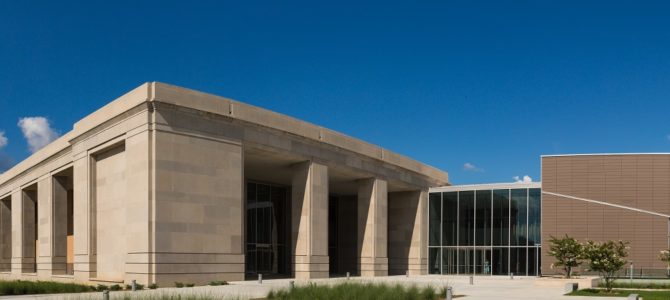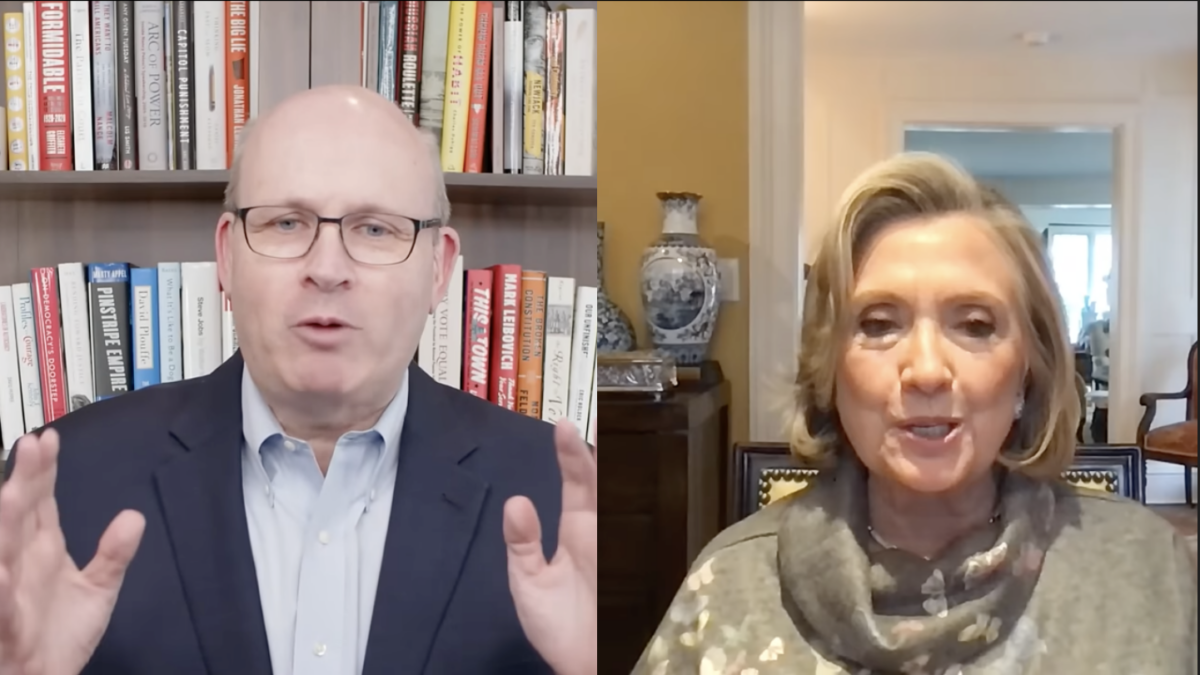Just imagine standing in a museum staring at the glass-encased weapon that was used to murder the love of your life. On December 9, 2017, that very scene was a reality for Myrlie Evers-Williams, the widow of Medgar Evers, a civil rights leader and World War II veteran who was assassinated in his driveway by a member of the Klu Klux Klan.
“I stand before you today and say I believe in the state of my birth. That is something I never thought I would say,” Evers-Williams said at the recent opening of the Mississippi Civil Rights Museum and Museum of Mississippi History in Jackson, Mississippi. Evers-Williams highlights the importance of remembering, preserving, and commemorating our country’s history through learning about our past, while understanding that our past does not represent our present or future.
During pinnacle points in the U.S. civil rights movement, Mississippi was the heartbeat our nation needed to assure our founding principles of “Life, Liberty and the Pursuit of Happiness” were guaranteed to all Americans. Discriminatory racial segregation ran rampant through the Jim Crow South in the 1960s, and many extremists resisted racial inclusion, rejecting the very idea that black and white Americans could coexist. This divisive stance fed a vicious culture of discrimination and hate.
Evers-Williams expressed heartfelt compassion and grief while discussing the importance of inclusion during times of conflict and division: “Going through the museums, I wept because I felt the blows, I felt the bullets, I felt the tears, I felt the cries. But I also sensed the hope that dwelt in all those people,” she said.
Evers’ widow was not the only one to remark on the significant progress marked by this museum and the events to commemorate its opening. Numerous civil rights and government leaders chose to attend the event, and millions of Americans and foreign citizens championed the museum’s opening from afar.
Today, museums are vital educational institutions, frequented by millions of people who come with a respectful desire to learn. This museum is only one example of how far we have come as a country. Rather than hiding our history, we must use the examples of our past to motivate progress and change, today and tomorrow.
As evidenced in the museum, civil rights leaders pushed forward amidst horrific conditions to progress towards a more inclusive nation. “These buildings embody the hope that has lived in the hearts of every American for generations, the hope in a future that is more just and more free,” remarked President Trump during the museum’s opening ceremonies, highlighting the importance of the event.
While touring the two-museum complex, President Trump highlighted the important sentiment for which civil rights leaders such as Medgar Evers and Rev. Martin Luther King Jr. fought and died. “We are here to honor the fight to end slavery… to join the right to vote and to gain birth-right equality,” Trump said in brief remarks.
While there was much controversy surrounding the museum’s opening due to those who (rightfully) chose not to attend the momentous event, inside the Mississippi Civil Rights Museum told a story of brave Americans between 1945 and 1976 who chose not to sit on the sidelines, but rather engage in making our America a better place.
“Today, we strive to be worthy of their sacrifice. We pray for inspiration from their example. We want our country to be a place where every child from every background can grow up free from fear,” remarked the president.
There are moments when we as a nation must place aside our differences and cherish our history, because the very strength and resilience of our past can propel our nation in any time of division or despair. This past weekend’s events in Mississippi was one of those moments and an opportunity to unite by recognizing a movement that was driven by inclusion, not division.









